Security is at the top of the list of needs in a SHTF situation and while your first thought is gun as it is ours, there’s more to pack in a PSK. But if you’re going to ever fall asleep, what use is the firearm if you’re going to get caught while snoozing?
You could’ve been sleeping indoors if you packed what Cache Valley Prepper is presenting here or you could’ve at least set up some snag lines to not be completely exposed so be sure to watch the video and see what you can pack to bolster your security with just a few multi-use items.


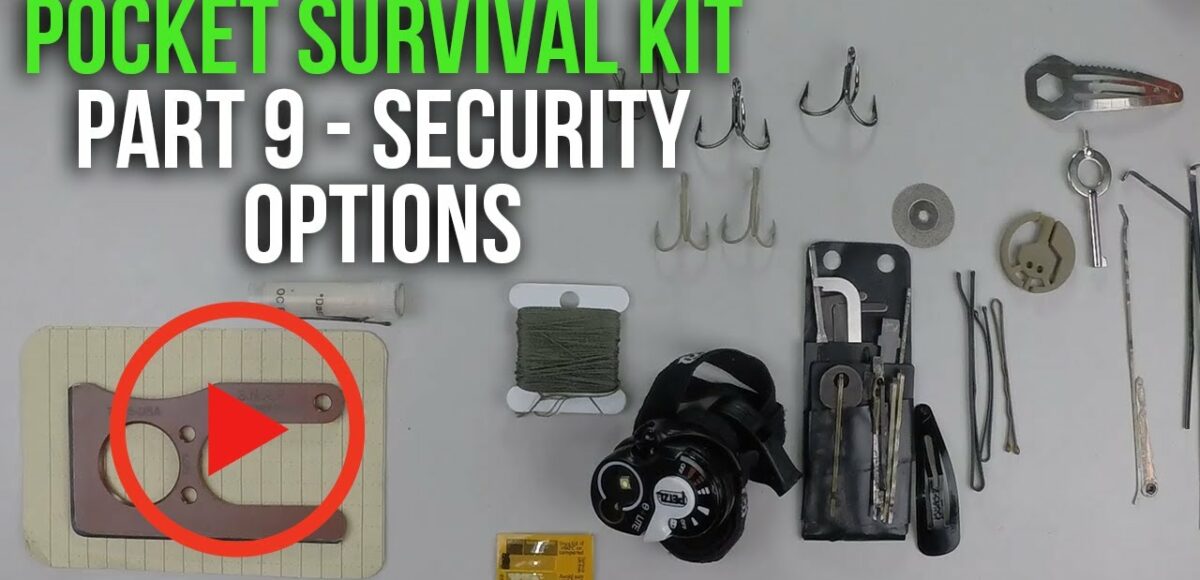

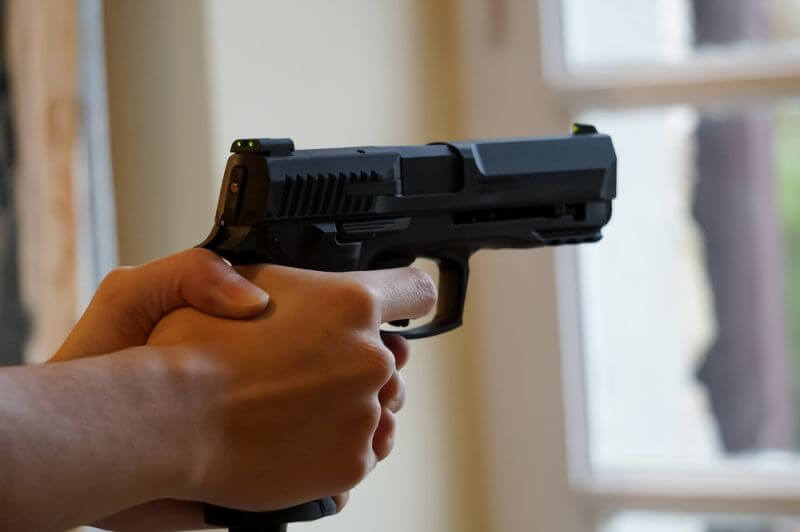
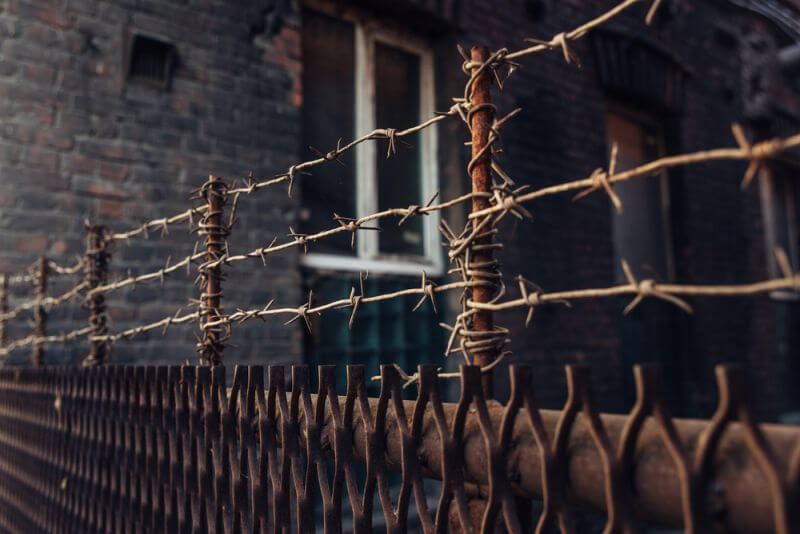
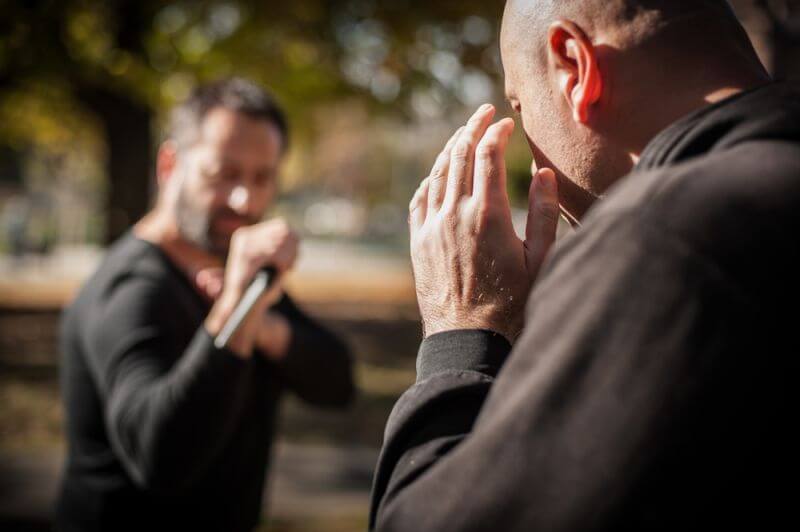
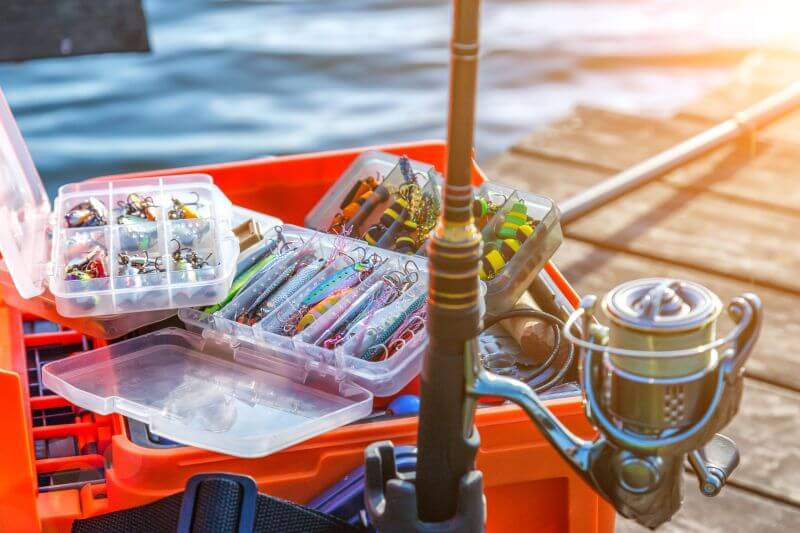


Alice | September 29, 2023
|
I’ve always been a fan of the ‘be prepared’ mentality, and this article on the PSK does an outstanding job highlighting security options that many might not consider. The idea of having discreet and portable tools that can assist in various emergency situations is appealing. I’m definitely re-evaluating the contents of my own pocket survival kit after this read.
Bob | September 29, 2023
|
You are WRONG, Alice! Most people will never face situations where these security options become necessary. Instead of packing our pockets with survival gear, perhaps we should focus on broader skills and awareness training. Knowing your environment and understanding potential risks can often prevent needing a PSK in the first place.
radar | November 1, 2023
|
Bob, Alice is not “wrong”. Girls have lots more risks than guys do, in general; and they have more subtle hiding places in their clothing than guys do. Plus, many of them know how to sew, which many and most guys don’t do. My point here is only that CVP is presenting escape restraint devices,etc. that are small and tiny so long as they don’t stick out. For example, I am bald at top (so a Bobby Pin won’t do me any good there). But I have a thick, dense beard, and I bet I could hide a bobby pin (if I needed to) just under my chin in my beard that would go unnoticed. I could probably remove it by rubbing my chin on my shoulder if my hands were cuffed behind my back. I might be able to shimmy my body to retrieve it. There is nothing wrong with information. As a guy of many years, I would never tell any girl that “you are wrong”, because girls are far more situationally aware than most guys are. I do agree with you in a very general sense that MOST PEOPLE don’t pay close attention. But on the other hand, there are literally millions of ex-combat veterans running around, who know things, but may not be carrying anything. Then the same with cops, rescue workers, doctors and others. Even kids watching spy movies often want to try what they see. As a guy, my opinion is that the guy problems are often “who can find a Bobby Pin, or a hair clip? My wife has some, but I don’t know where she keeps them, and she hasn’t worn them for decades–but she still has them. This was the first video in the series that I watched. Maybe everybody is a little bit wrong, and somewhat right. Cache is talking abou what can you put in a thin can, barely noticeable in a pocket.
Cache Valley Prepper | November 6, 2023
|
Thanks Everybody for the comments.
If you follow my writing, I’m a fan of a lot of skills and a little gear and a modular, layered approach to equipment.
These are just options. With restraint escape gear, you don’t want to carry it in your wallet, which is usually taken right after your weapon if you’re carrying one, and you don’t want to carry it in a package bulky enough to be found in a pat down. It is also important to consider whether the environment is permissive or non-permissive. In a non-permissive environment, it’s better to carry a tool or two that can be explained away, like using a modified mini report binder clip as a money clip and using the handle to open handcuffs.
There is plenty of bad advice out there, like carrying RE tools in wallets (sold for the purpose) or under expensive watches, sure to be stolen. But I don’t just write about this, I live it. I have taken my flat handcuff key through airport security many times and handed my RE necklace right to LE and security in multiple countries and never had anybody raise an eyebrow. They just hand it right back. I have been patted down and even gone through scanners have yet to every have anything found. I have had to tell LE that I am carrying a key when handcuffed while a situation was getting sorted out. If you just carry a little bit of RE gear under layers of clothing, chances of it getting found are very slim.
I recommend learning make RE tools on the fly, you can make them from soda cans, bobby pins, hair clips, street sweeper bristles, feeler gauges, wiper inserts and all kinds of trash laying around everywhere. You can’t walk more than a couple hundred yards on the street without finding resources in most places. My favorite tool for making RE tools is a diamond cutoff disc for a rotary tool. Toss one in your pocket with a few coins. It looks like pocket litter but it can make almost anything. But it’s not hard to hide a small bit of metal or two throughout your EDC in such a way that it won’t be noticed.
As for the probability any given person will need RE skills, that varies from person to person, but I can tell you that the “highly improbable” threats people face have a disproportionately large effect on us. They are often deadly. Personally, I am at high risk because of my pattern of life, travel, nationality, and other factors. But saving money for a rainy day, not putting all your eggs in one basket and always having an escape plan are reasonable, responsible behaviors.